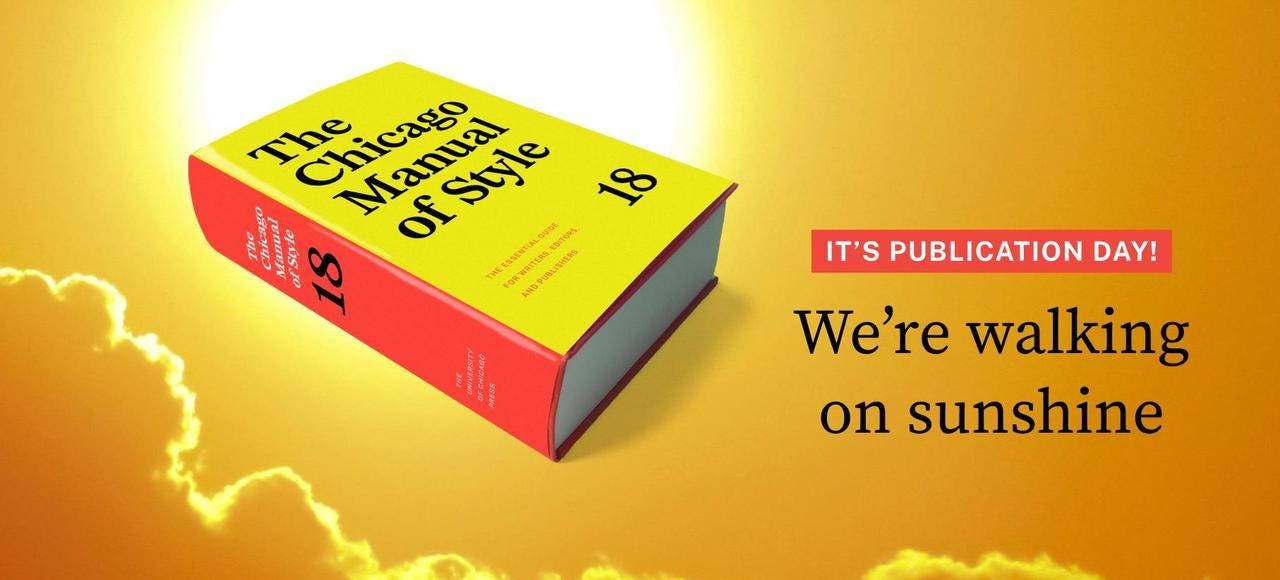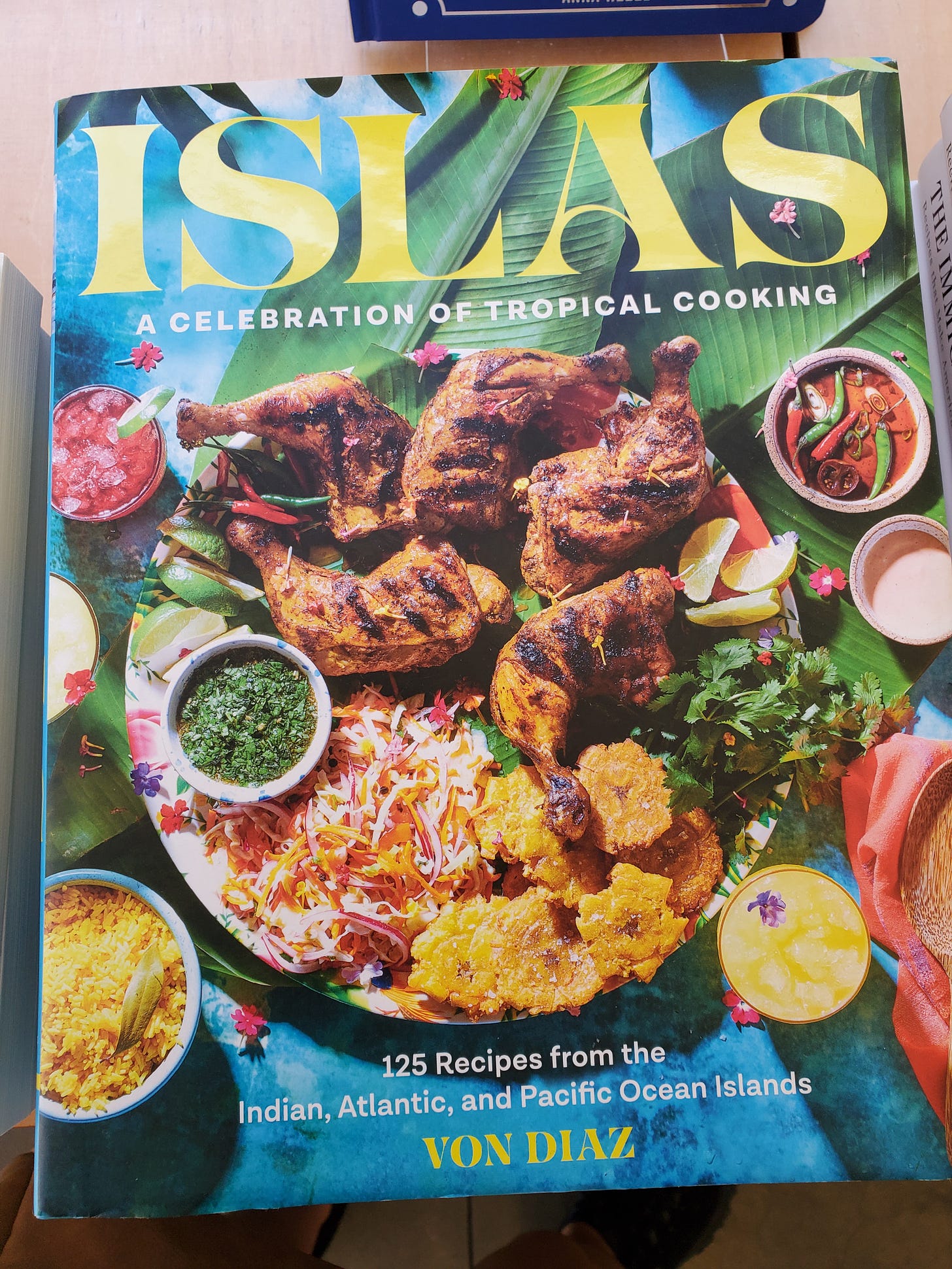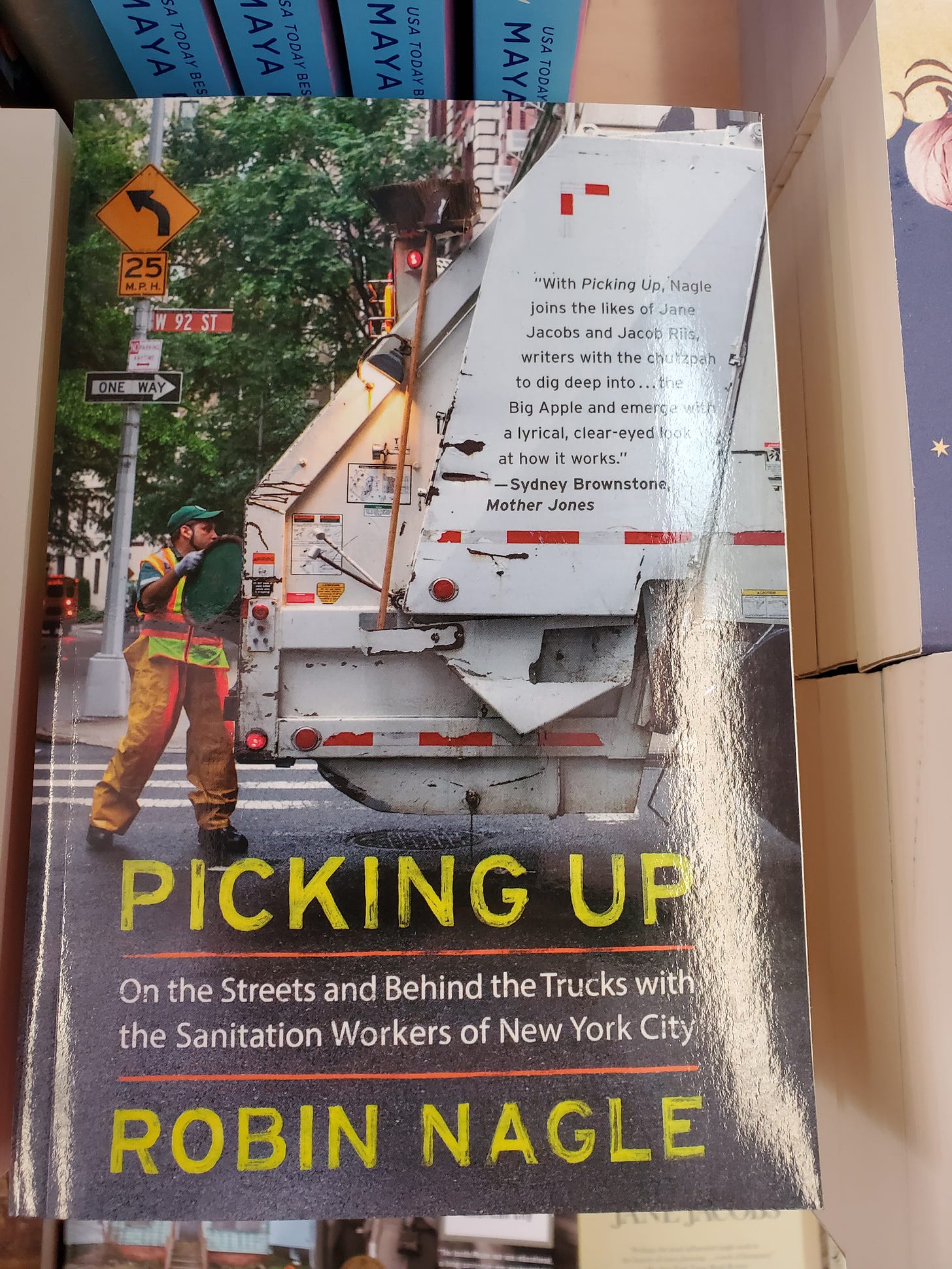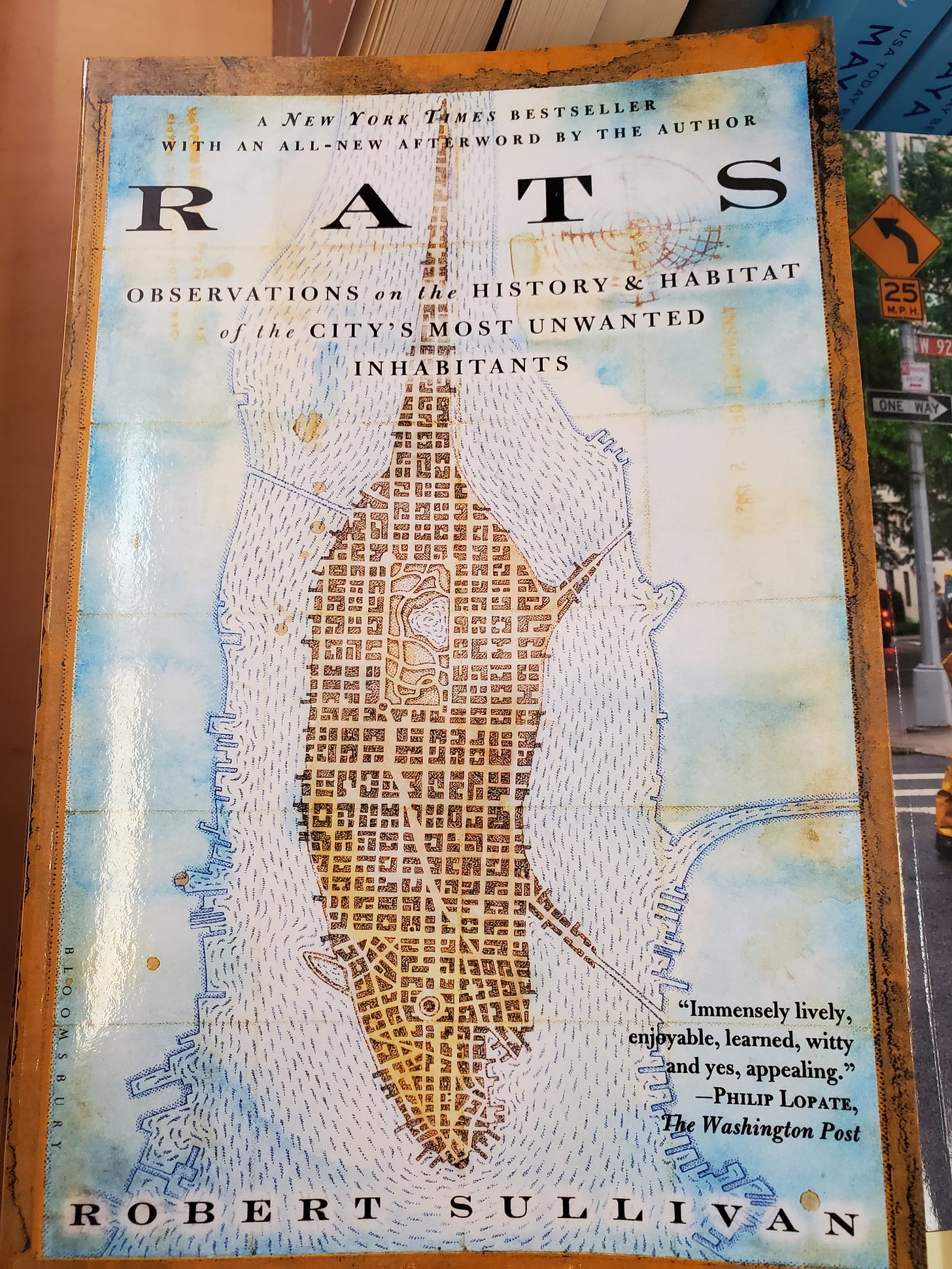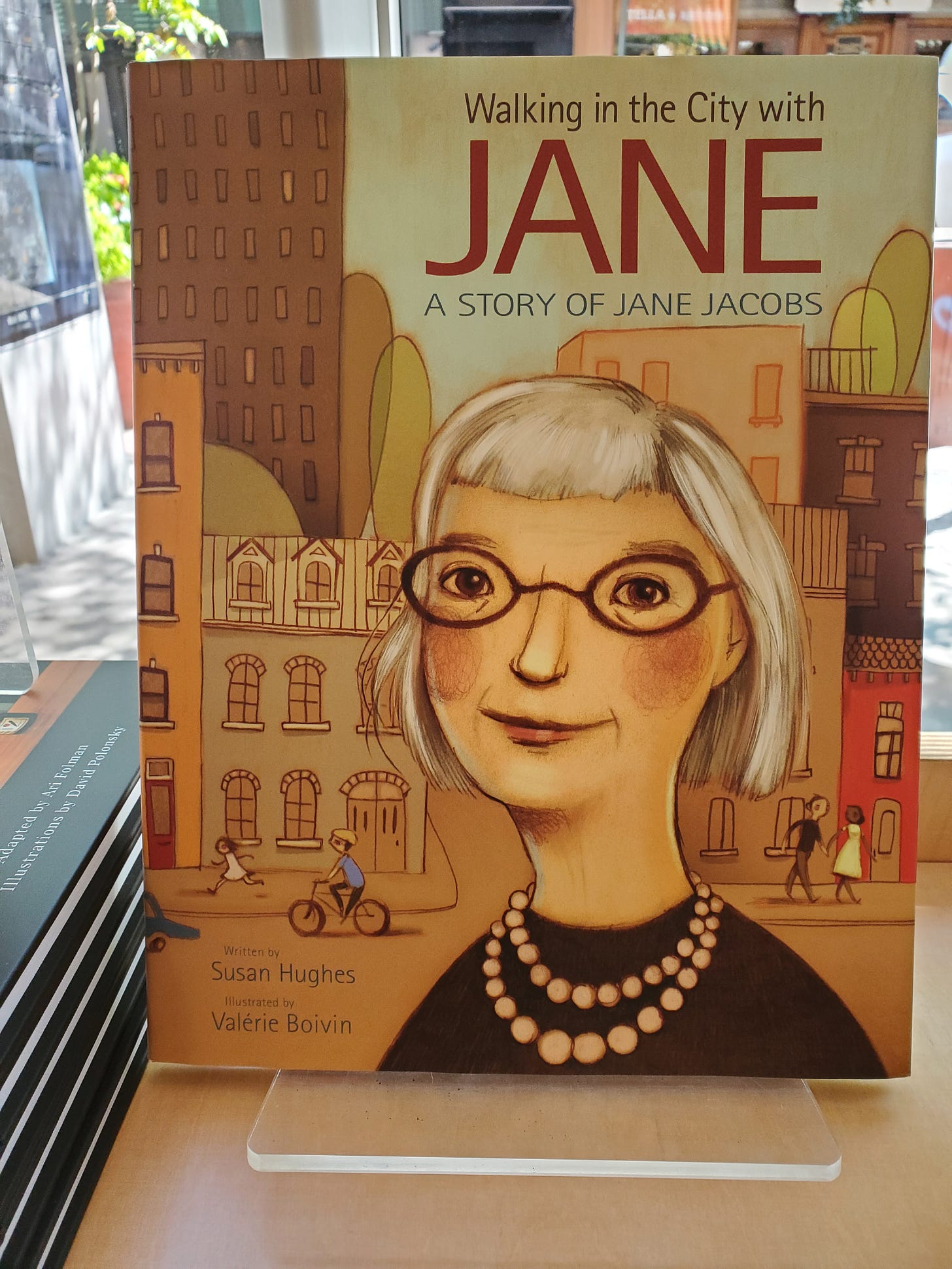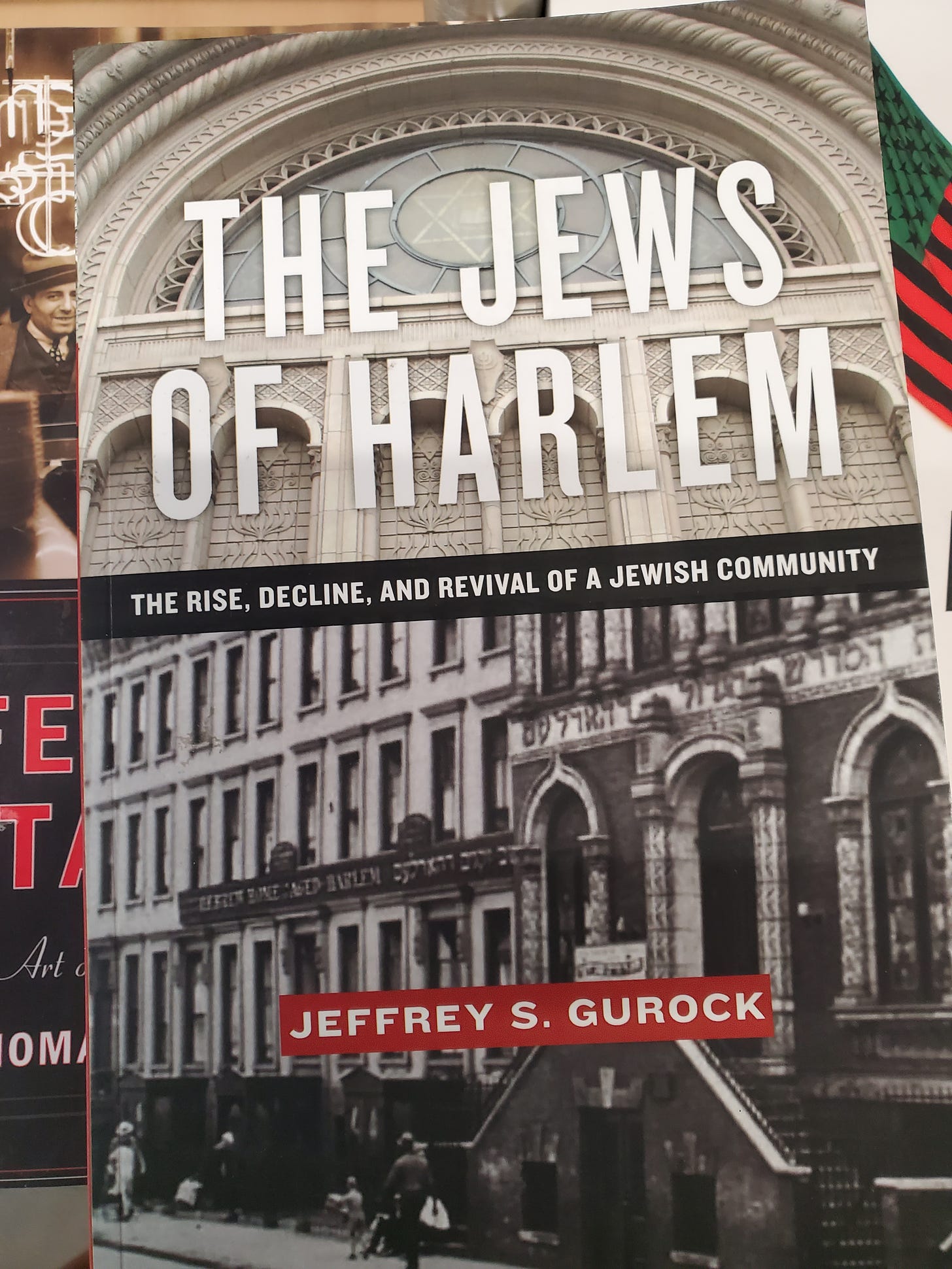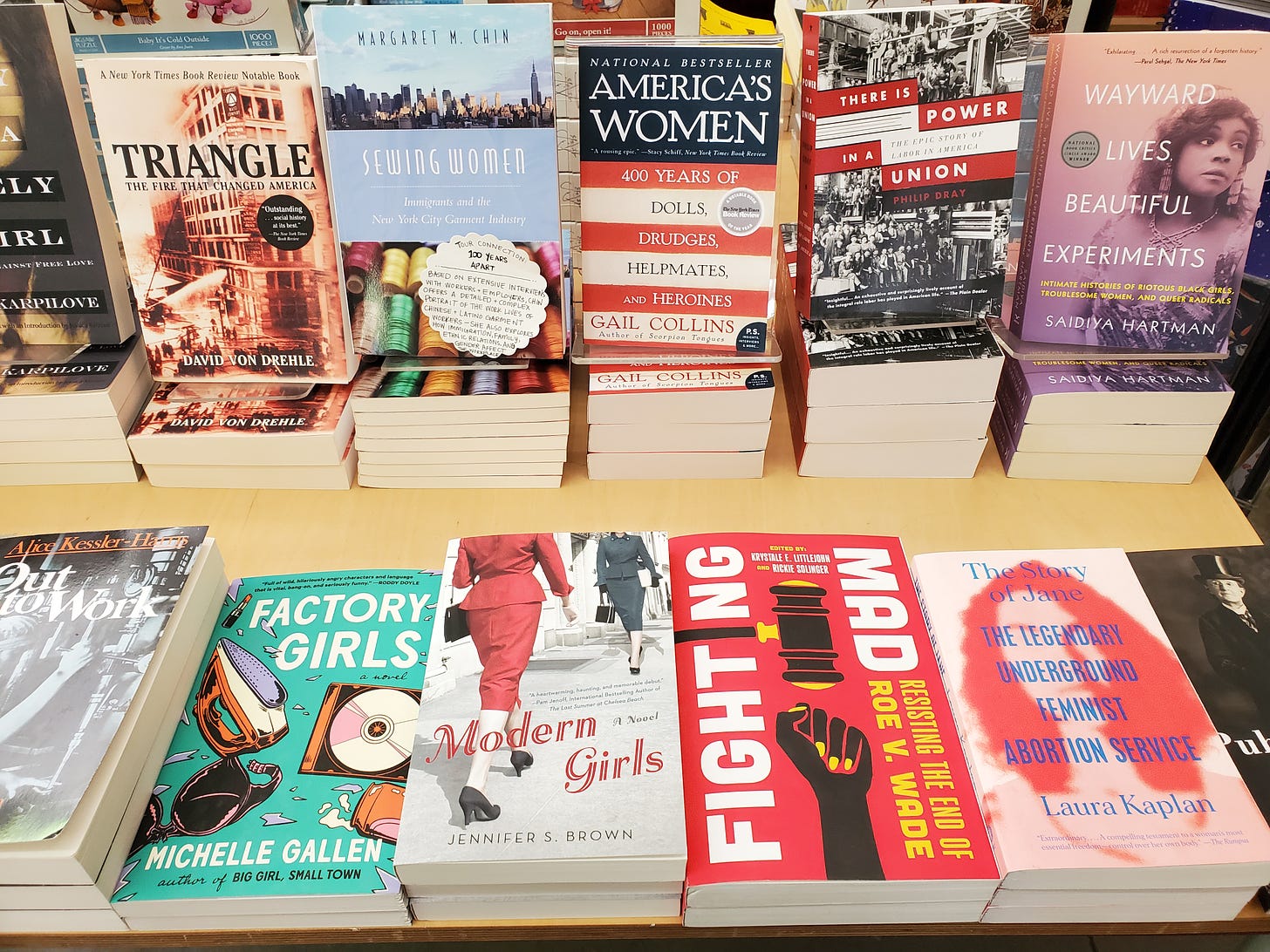Come Book Browsing with Me
A niche NYC bookshop dedicated to immigrant history
Welcome to Coffee Break Friday, where I give quick personal updates and offer tips to new editors. This particular newsletter may be too long for email, so feel free to read it in your browser (or it might randomly cut off short).
CMOS: Practical Tips for New Editors
Earlier this month I talked about the Chicago Manual of Style, but here are some practical tips:
Until the end of September, the hardback version of the newly released 18th edition of CMOS is 30% off with the code FANCLUB18. Get it here.
NEW online subscribers can get the print version 50% off.
A complete list of changes between the 17th and 18th editions can be found here.
The Chicago Manual of Style offers a free month-long trial for folks just starting out.
It also has a free monthly newsletter where the editors answer detailed questions on style and usage.
And they have quizzes, too, which can help you strengthen your copyediting muscles.
Let’s Go Book Browsing
Recently I went to the Tenement Museum in Manhattan, which is, in the words of my tour guide, a manifestation of “an idea of a museum that never existed before.” It’s not a traditional museum. Instead, visitors are led on tours by well-trained guides who walk them through tenement buildings that the museum has bought and preserved. Historians and activists researched the actual lives of the working-class people who used to reside in these apartments, and you can get direct insight into how New York’s first waves of immigrants, migrants, and refugees lived.
The museum also has a great bookshop. In it is a mix of fiction, nonfiction, and children’s books dedicated to different aspects of New York City’s culture(s) and history.
It’s a great place to buy a cookbook or learn about food history.



They have curated subsections within the bookshop, which allow them to stock more niche books than, say, Barnes & Noble.
For example, there's this book on sanitation work in NYC:
Or a book on city rats:
They have a range of contemporary American classics, including these four that I’ve read and highly recommend:
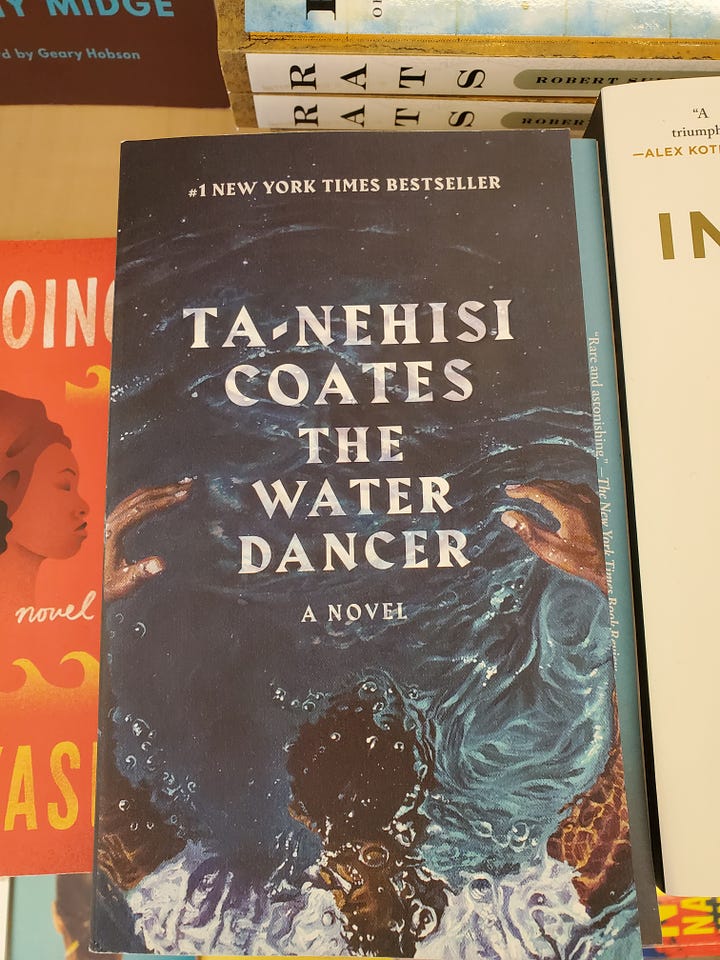
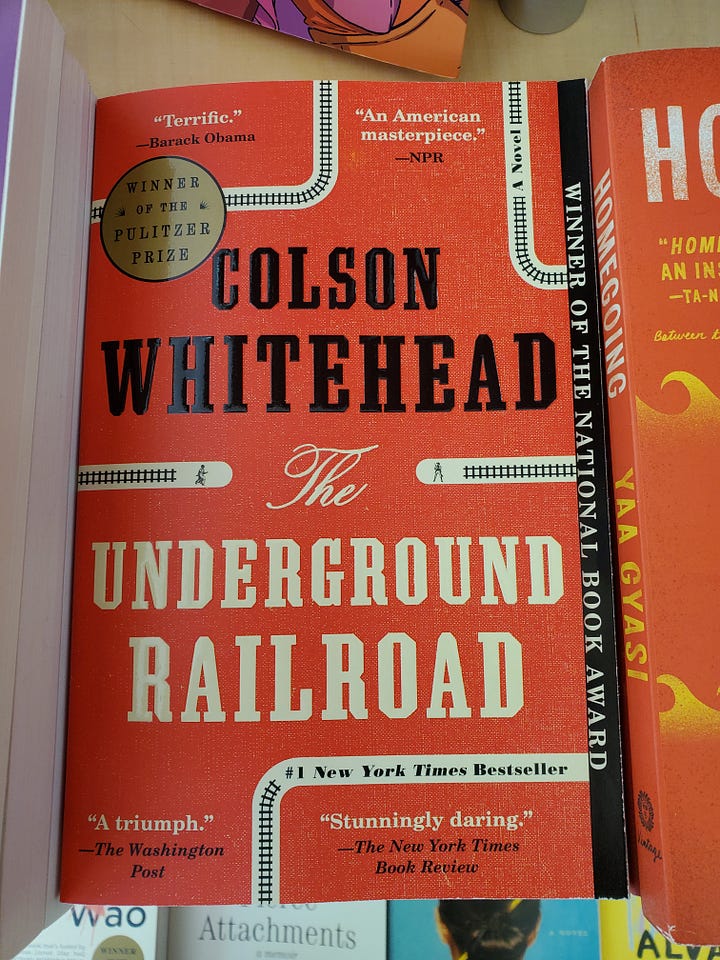
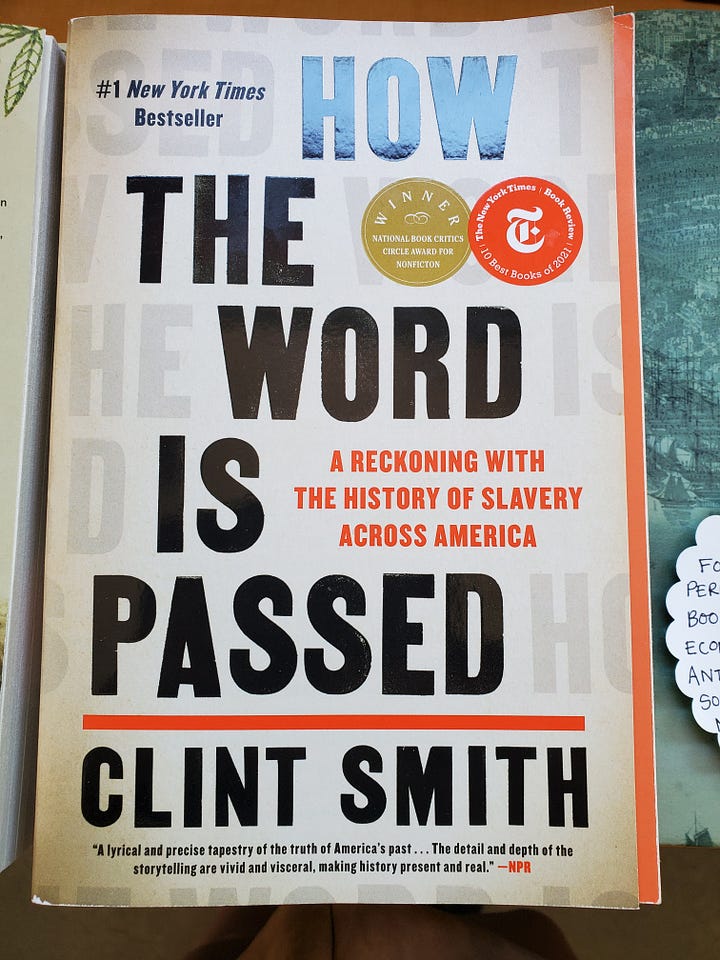

And some great quirky Jewish gift books:
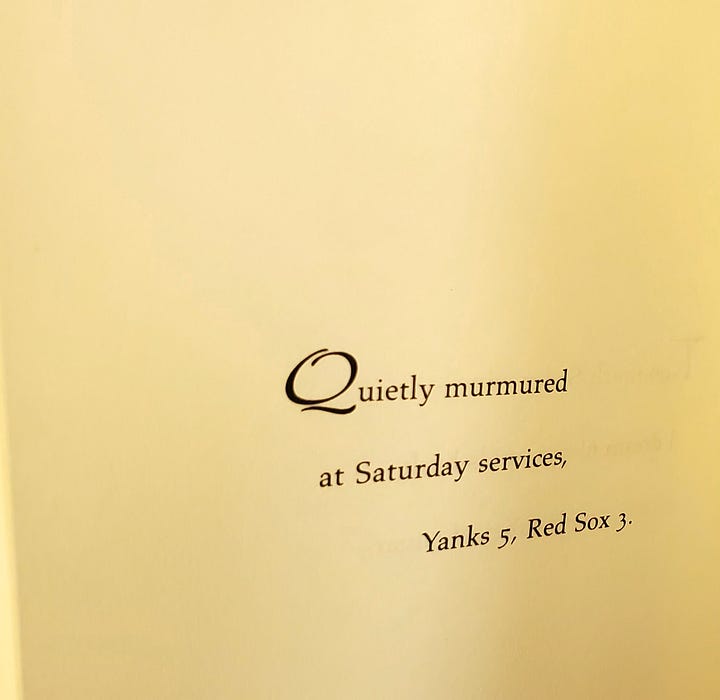
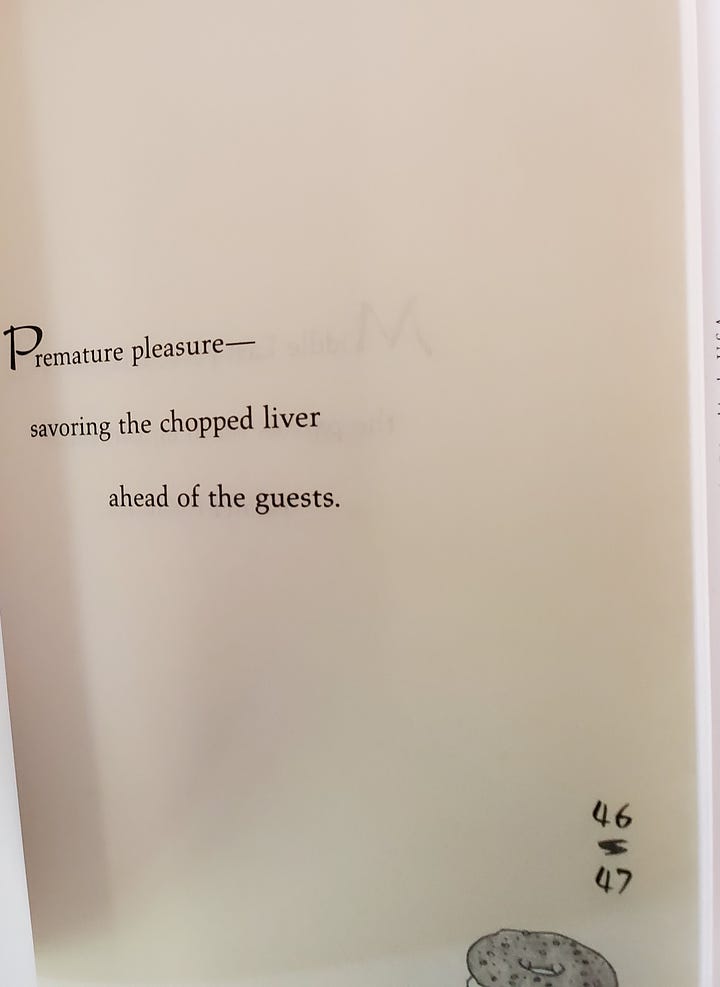
Quietly murmured / at Saturday services / Yanks 5, Red Sox 3.
Premature pleasure— / savoring the chopped liver / ahead of the guests.
This one caught my eye: A Bintel Brief is a collection of letters from American Jews, written from 1906 to the 1960s, that were originally published in The Forward’s advice column. I bought this book, and the first few letters, all translated from Yiddish, tell harrowing stories of widows and orphans, peddlers and tuberculosis patients. I’m curious to see how the content of the letters change over the decades. (The Bintel Brief is still an active advice column today—now in English.)
The children’s section was also filled with great books, which I wish I’d photographed more, but here’s a picture book on Jane Jacobs:
There were shelves dedicated to labor history, and the histories of Black, Chinese, English, German, Indian, Italian, Jewish, Nordic, Puerto Rican, et cetera, communities in New York.
One of my interests is the history and literature of Harlem, and they had a bunch of cool books on Harlem that I’d never seen before:
(A book on Harlem that I highly recommend is Harlem Is Nowhere by Sharifa Rhodes-Pitt.)
A curated table featured fiction and nonfiction on women’s history:
And finally, these are the three books I left the shop with:
It was difficult to leave with a reasonable number of books in a store like that, so I’m a bit proud of myself. I chose the books I thought I’m likely to read soon, on subjects I don’t already know much about:
A Bintel Brief edited by Isaac Metzker
Native New Yorkers: The Legacy of the Algonquin People of New York by Evan T. Pratchard
Classic Yiddish Stories edited by Ken Frieden
Thanks for book browsing with me! You can follow the Tenement Museum on Instagram or see their shop online here.
Until next time,
Hannah Varacalli
Copy & Developmental Editor
www.hveditorial.com




